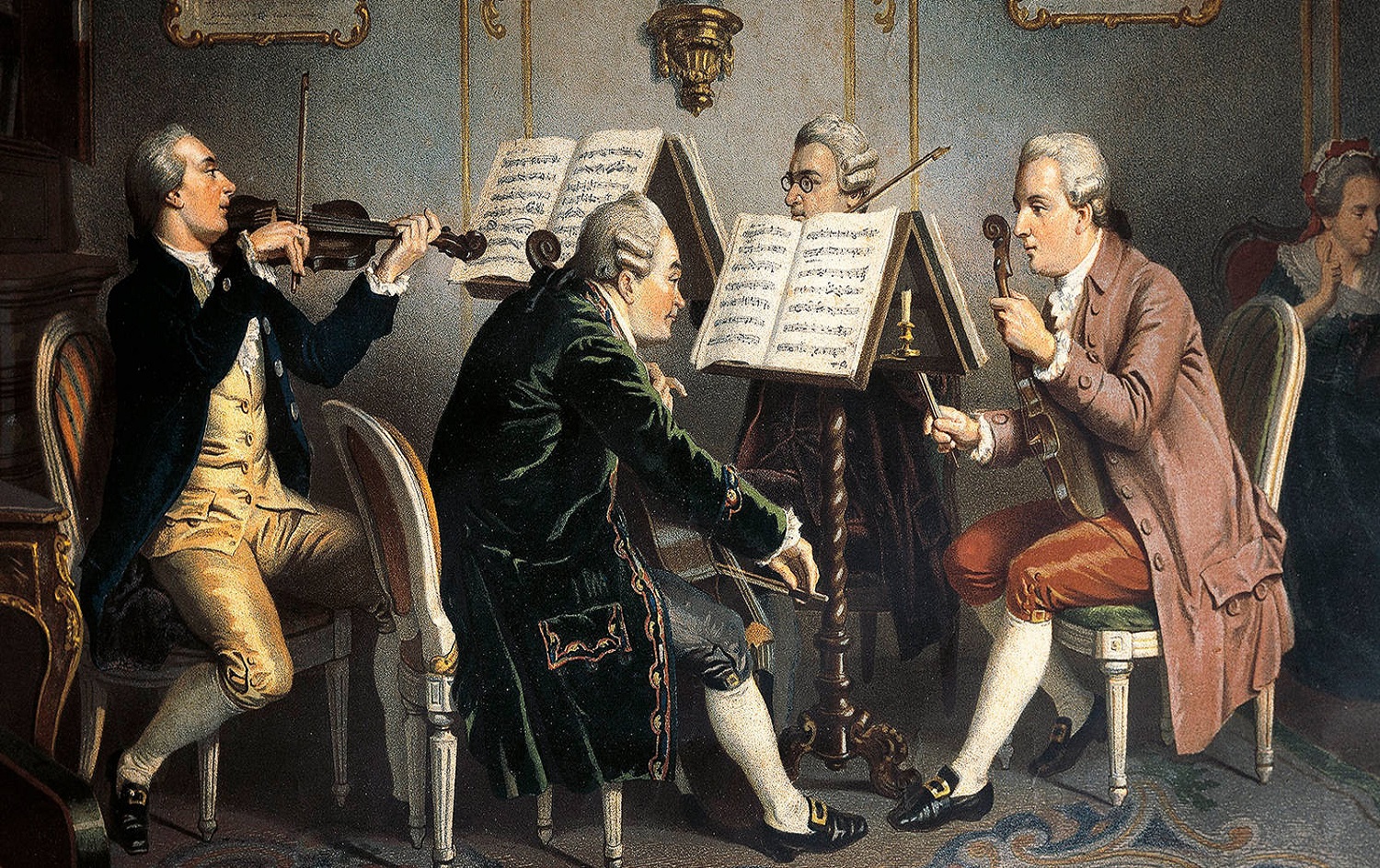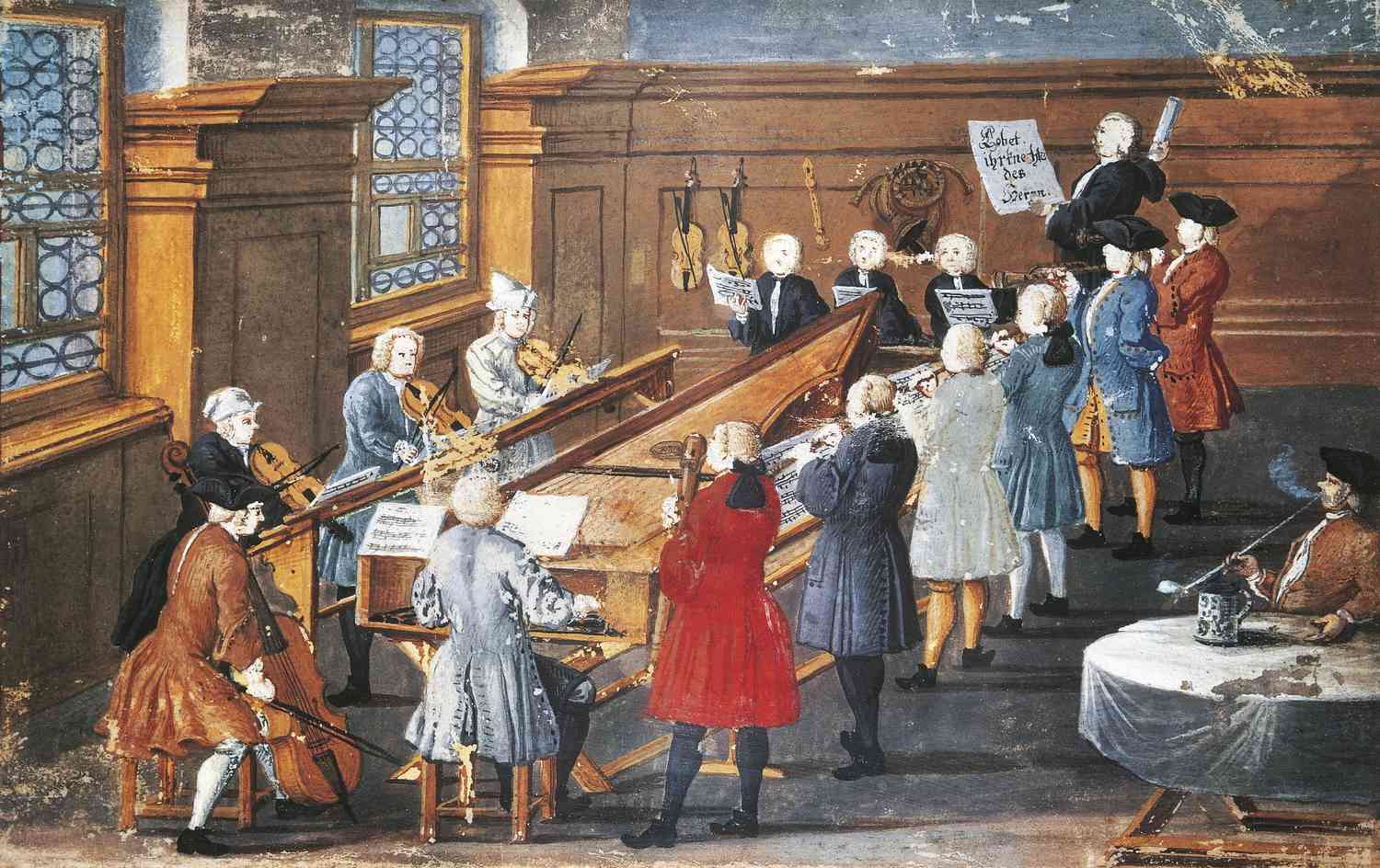About us
Top Classical Music
Top Classical Music is a project whose objective is to spread the history of classical music and baroque music. We are the biggest educational website specializing in composer biographies and music history.
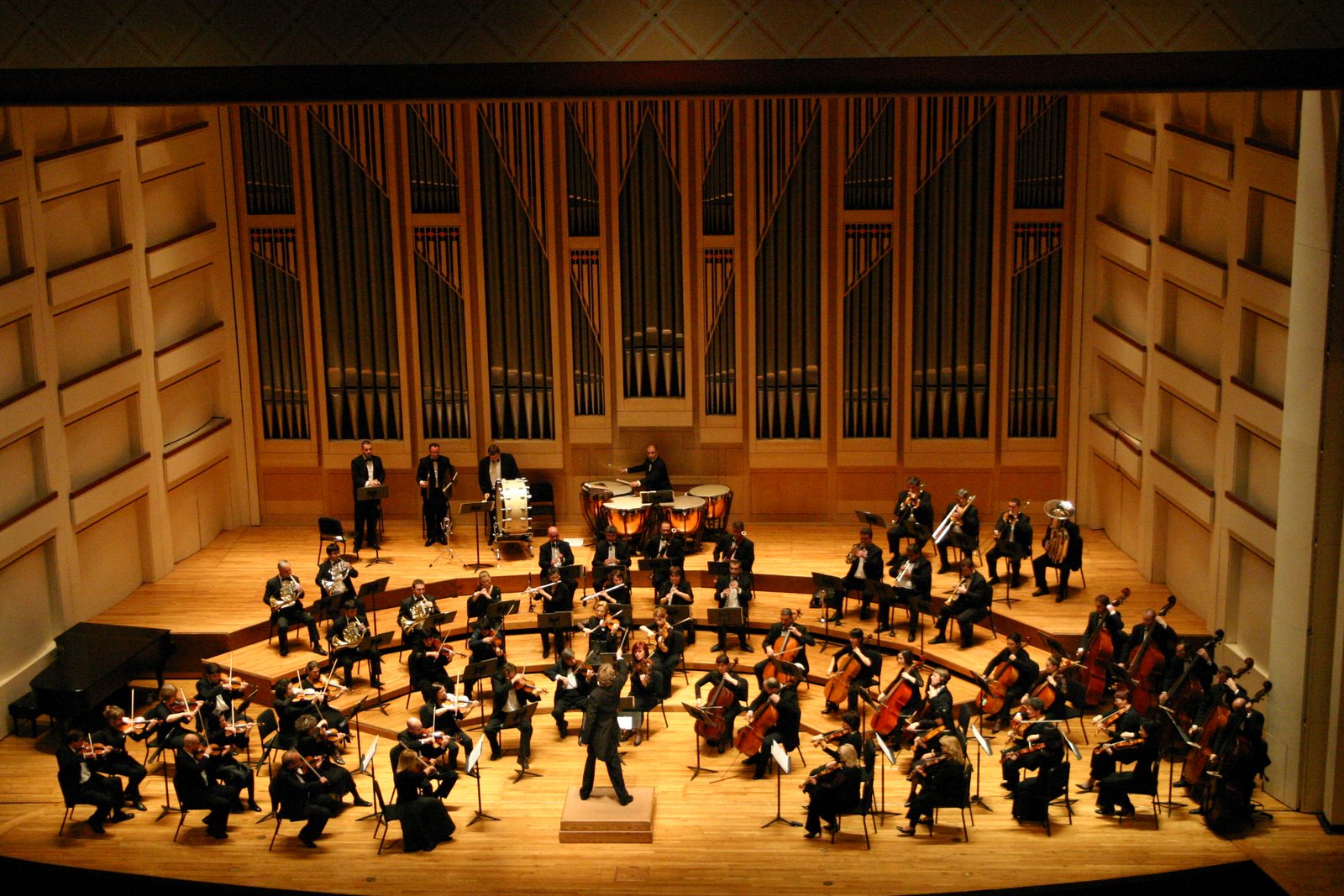
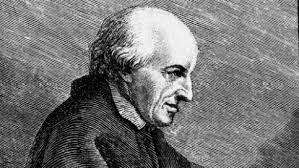
Johann Friedrich Fasch – A Complete Biography
Johann Friedrich Fasch (April 15, 1688 – December 5, 1758) was a German composer, violinist, and Kapellmeister whose music[…]

Joachim Andersen – A Complete Biography
Carl Joachim Andersen (April 29, 1847 – May 7, 1909) was a Danish flutist, conductor, and composer whose etudes[…]
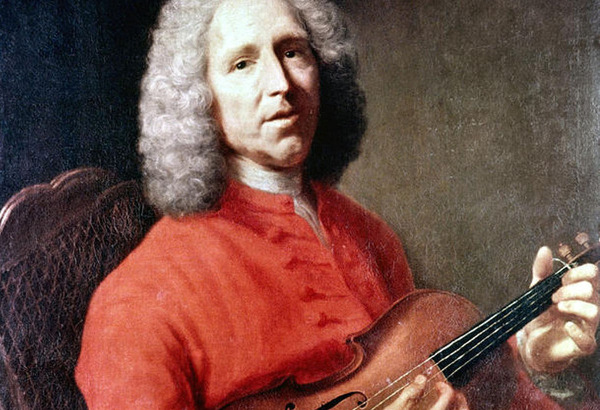
Jean Philippe Rameau – A Complete Biography
Jean-Philippe Rameau (1683–1764) stands as the towering French composer and music theorist of the later Baroque, the figure who[…]
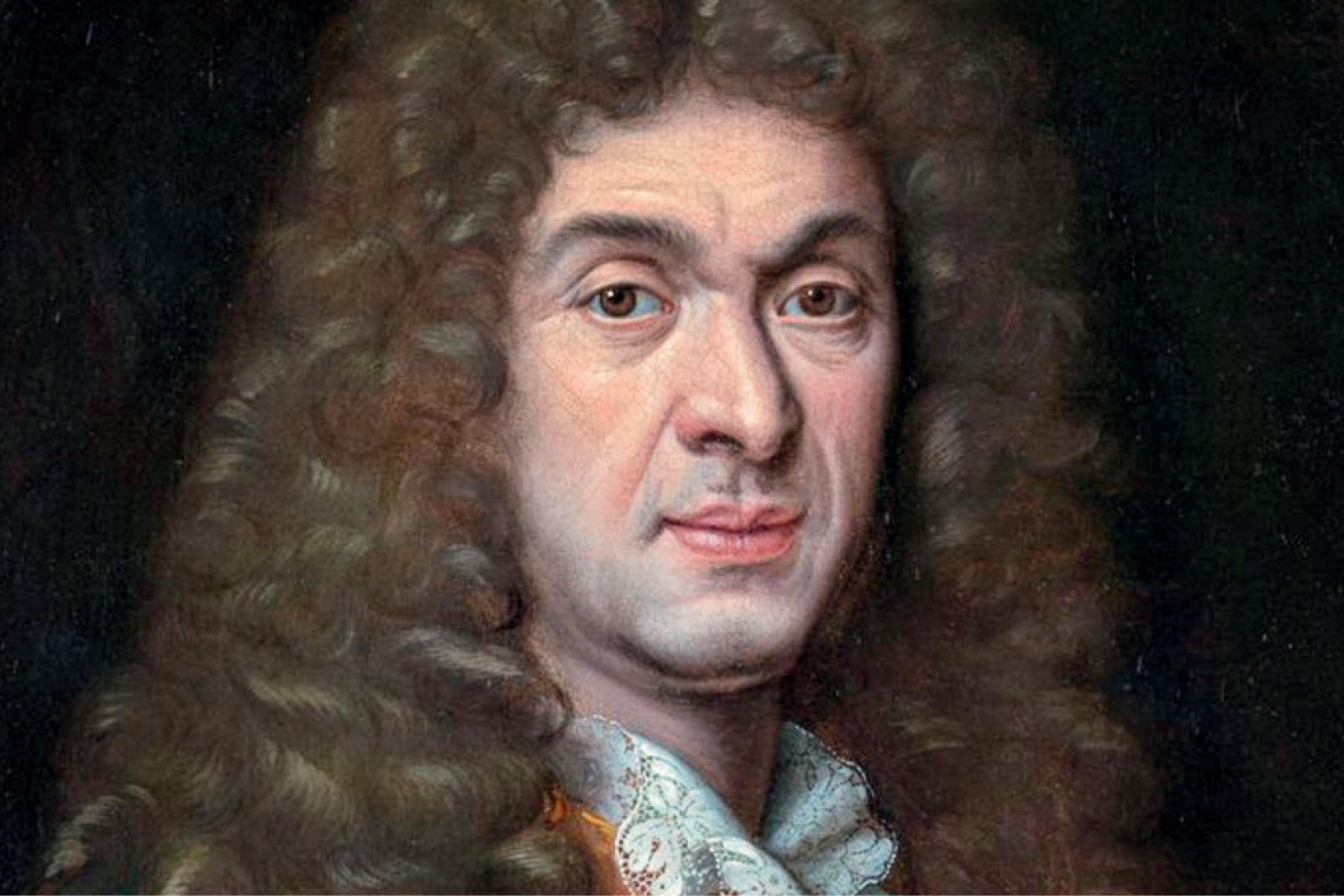
Jean Baptiste Lully – A Complete Biography
Jean-Baptiste Lully (1632–1687) was the dominant musical force at the court of Louis XIV and the chief architect of[…]
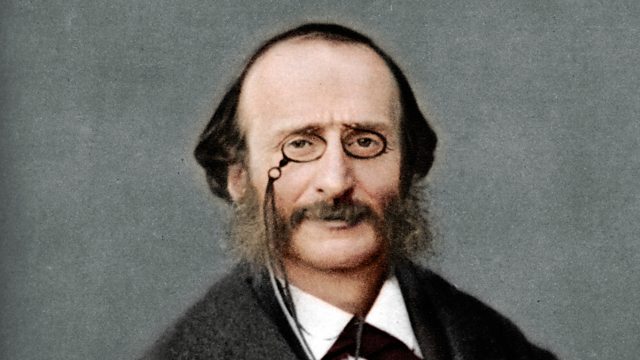
Jacques Offenbach – A Complete Biography
Few nineteenth-century composers shaped popular musical theater as decisively as Jacques Offenbach (1819–1880). A German-born French composer, virtuoso cellist,[…]
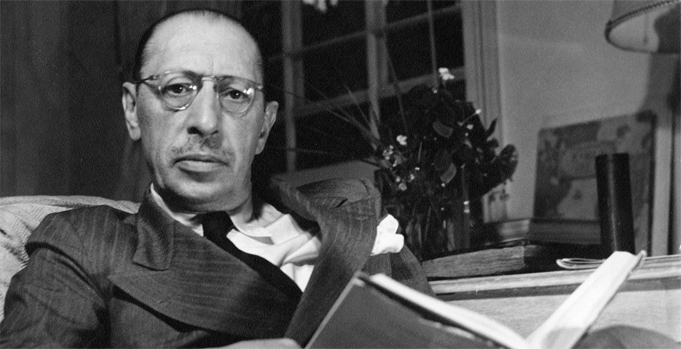
Ígor Stravinsky – A Complete Biography
Igor Stravinsky (1882–1971) reshaped 20th-century music with an imagination that moved from the raw, rhythm-driven energy of his early[…]
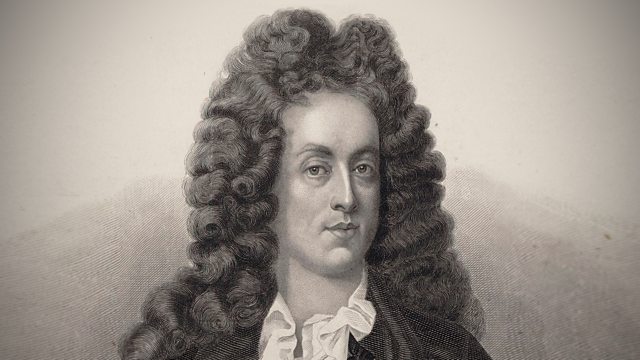
Henry Purcell – A Complete Biography
Henry Purcell (c. 1659–1695) is widely regarded as the most important English composer of the later 17th century. Working[…]
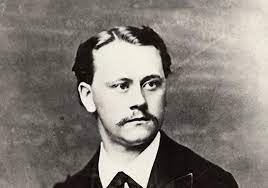
Henri Duparc – A Complete Biography
Henri Duparc (1848–1933) was a French late-Romantic composer whose reputation rests on a remarkably small but exquisite catalogue—especially 17[…]

Hendrik Andriessen – A Complete Biography
Hendrik Franciscus Andriessen (1892–1981) was a Dutch composer, organist, and influential educator whose elegant, French-tinged musical language helped refresh[…]
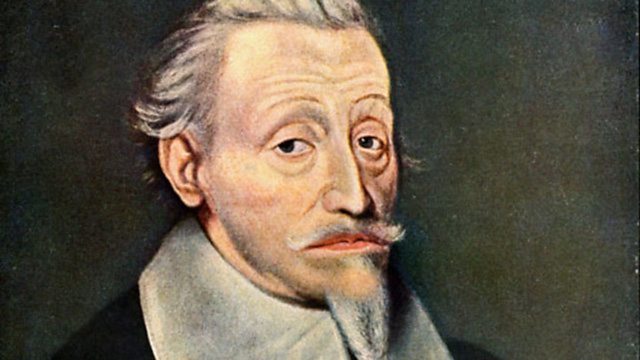
Heinrich Schutz – A Complete Biography
Heinrich Schütz (1585-1672) stands as a monumental figure in the landscape of early Baroque music, widely acknowledged as the[…]
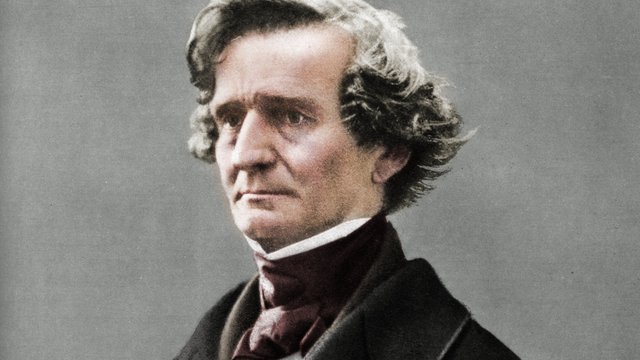
Hector Berlioz – A Complete Biography
Hector Berlioz (1803–1869) stands as one of the boldest innovators of the Romantic era—an architect of modern orchestral color,[…]
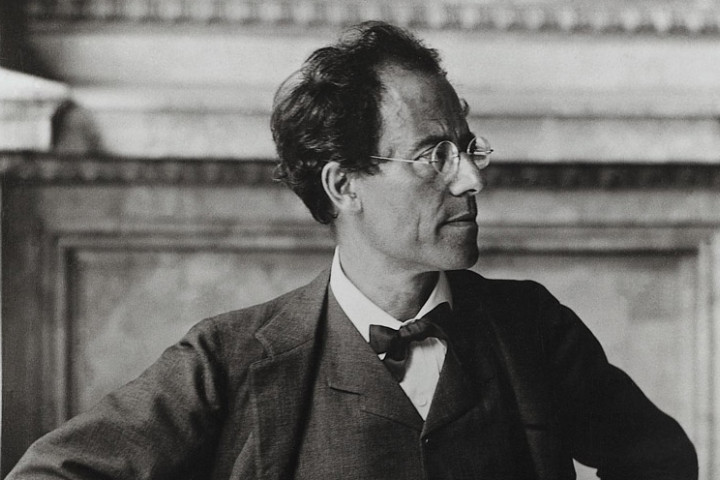
Gustav Mahler – A Complete Biography
Gustav Mahler (1860-1911) was an Austro-Bohemian composer and one of the most renowned conductors of his generation. His work[…]
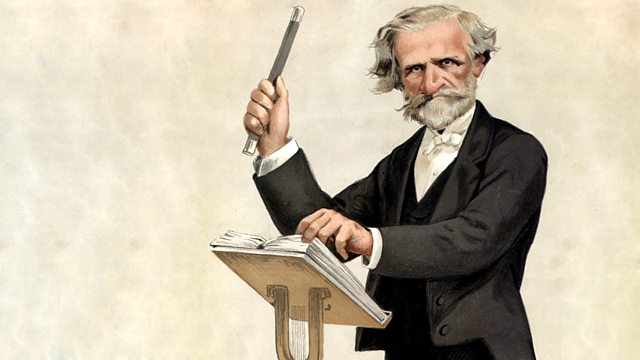
Giuseppe Verdi – A Complete Biography
Giuseppe Verdi (1813–1901) reshaped 19th-century opera with a blend of theatrical instinct, melodic invention, and human drama that still[…]
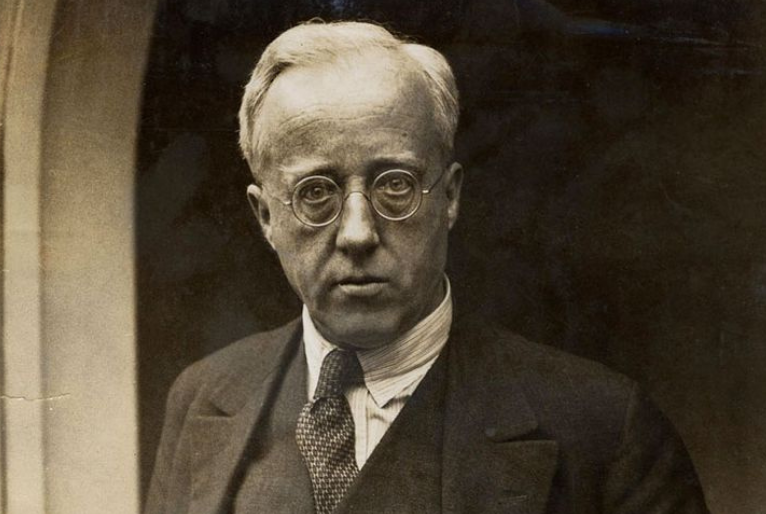
Gustav Holst – A Complete Biography
Gustav Theodore Holst (1874-1934) stands as a significant figure in English classical music, renowned for his distinctive compositional style[…]
